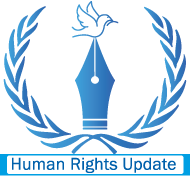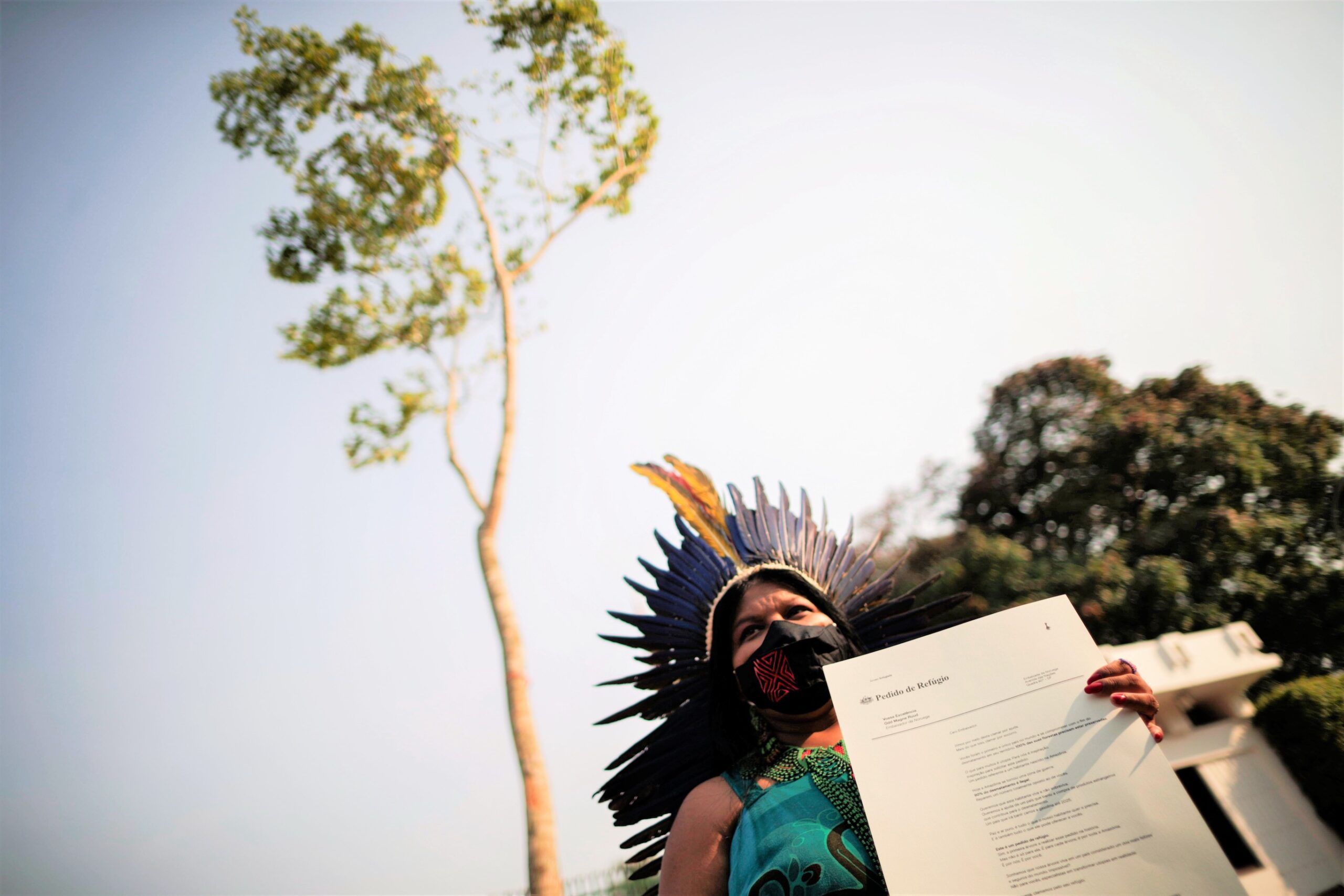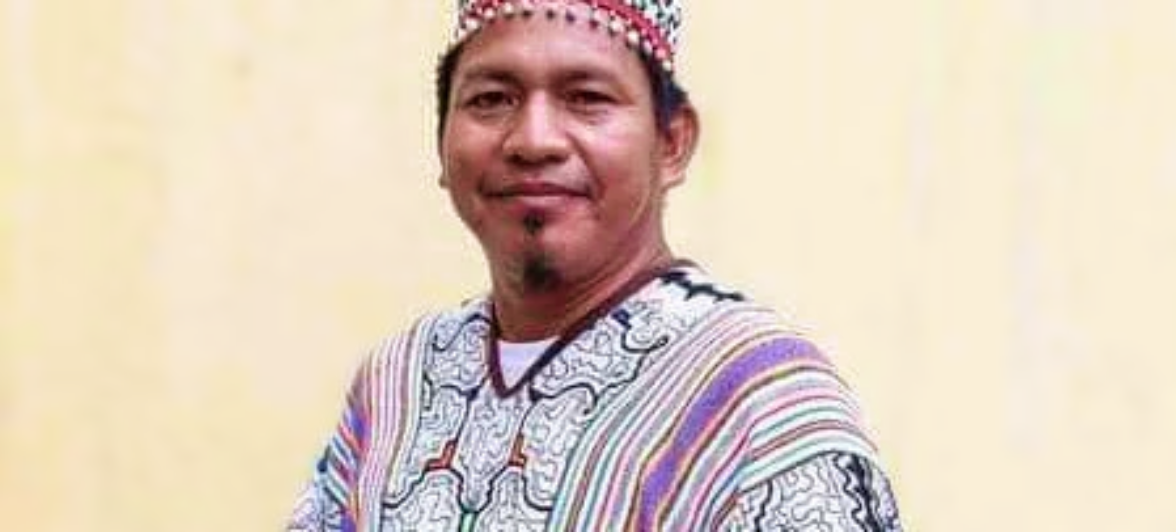In a recent development, the Union government’s attempt to modify the Jammu and Kashmir Scheduled Tribes Order to confer Scheduled Tribe (ST) status to the “Pahari ethnic group” has raised concerns about potential human rights violations and political manipulation. This move is seen as part of a larger electoral strategy that could lead to a situation similar to the one in Manipur.
The controversial Constitution (Jammu and Kashmir) Scheduled Tribes Order (Amendment) Bill, 2023, introduced by the tribal affairs ministry, proposes to include the “Pahari ethnic group” in the Union territory’s ST list, alongside other communities such as “gadda Brahmin,” “Koli,” and “Paddari tribe.” The government argues that this amendment is aimed at uplifting these communities by providing them with reservations in jobs and educational institutions. However, critics allege that the real intention behind the amendment is to gain political support from the Pahari community.
The inclusion of the Pahari community, primarily settled in the Pir Panjal region, in the ST list has sparked resentment among the Gujjar–Bakarwal communities in Jammu and Kashmir. These communities fear a reduction in their share of reservation quotas and argue that the Pahari community already enjoys advantages educationally and economically in the Union territory. They also raise concerns about the Pahari community’s significant representation in government services.
The move appears to be part of the Bharatiya Janata Party’s (BJP) strategy to build a social coalition to win elections in the Union territory. However, this strategy risks exacerbating existing fault lines between different ethnic groups.
While the Pahari community’s demand for ST status has been long-standing, critics argue that they lack the characteristics of a distinct ethnic group required for such recognition. The decision to extend ST status to the Pahari community appears to be driven by their majority status in seven of the eight seats in the Pir Panjal region’s legislative assembly. The delimitation commission’s role in this process is pivotal, as this ST recognition would enable the Pahari community to contest elections in reserved seats.
The Gujjar-Bakarwals, who are nomadic-pastoral tribes, have expressed concerns about potential overshadowing by the Pahari community if the latter gains ST status. Despite assurances from the BJP that the Pahari community’s recognition will not affect the Gujjar-Bakarwals’ quota, tensions continue to rise.
Drawing parallels with Manipur’s ethnic clashes, where the BJP’s strategies have deepened divides between communities, experts warn that Jammu and Kashmir could experience a similar crisis. The recent ethnic tensions in Manipur, sparked by a court order recommending ST status for the Meiti community, highlight the dangers of pitting one group against another for political gains.
In light of these concerns, it is crucial for the Union government to carefully analyze the potential consequences of its proposed amendments in Jammu and Kashmir. Avoiding the mistakes made in Manipur is essential to safeguard the region’s stability and prevent human rights violations stemming from political maneuvering.






